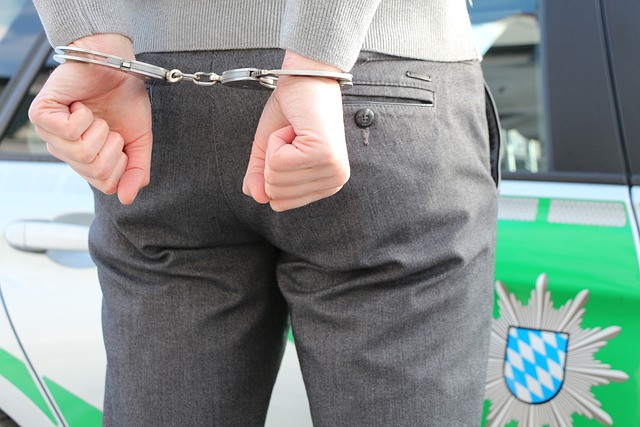“Taming the Lion”: Inside the Don Mueang Gambling Bust

A major crackdown on an entrenched illegal gambling hub in Bangkok’s Don Mueang district — codenamed Operation “Taming the Lion” — ended with more than 200 people arrested.
Investigators seizing evidence they say it proves the venue was a high-value node in a wider criminal network.
Officials described the site as a near-round-the-clock operation with VIP rooms and huge cash flows, and authorities say the raid will be followed by a widening probe into money trails and accomplices.
Top Online Casinos for You
Find a complete list of our partners here.
The raid and what police found
According to the Ministry of Interior and Department of Provincial Administration briefings, the operation targeted a gambling den in Don Mueang after about a month of surveillance and public tip-offs.
The coordinated raid took place in late August and was publicly announced. Authorities say they detained more than 200 patrons and staff at the premises.
Investigators reportedly seized 17 bank passbooks and other financial records that — per prosecutors’ summaries — show daily turnovers exceeding 5 million baht.
Investigators extrapolated this to roughly 500 million baht per month, equaling over 13 million Euro.
Inside the compound were five gambling rooms, including a large hall and VIP areas.
Some rooms yielded 3–4 million baht in just a few hours, allegedly. Officials told reporters the den had been raided before but repeatedly reopened, and that the operation was linked to a broader criminal network.
Operation “Taming the Lion” – the Consequences
The raid was executed by the Department of Provincial Administration’s special operations unit with support from Royal Thai Police and other agencies.
Phumtham Wechayachai publicly praised public tip-offs and vowed sustained action against “vice” that harms families and communities.
In the days after the bust, metropolitan authorities ordered personnel changes.
Five senior officers from the Don Mueang Police Station were transferred to the Metropolitan Police Division 2 operations center pending further administrative review — an action officials said was intended to ensure accountability and to probe whether there was any local collusion or negligence.
The wider legal and social context
Thailand’s near-blanket ban on most forms of gambling (with limited exceptions such as the state lottery and regulated horse racing) has driven a large underground market that law-enforcement agencies repeatedly try to dismantle.
The government has debated regulated casino-style solutions to channel demand into taxed, monitored venues. However, proposals remain politically fraught and, in any case, would not affect the illegality of venues like the Don Mueang den.
Criminal investigators warn that such dens often tie into other illicit activities. These may be money-laundering, loan-sharking and cross-border networks. This bust is just a starting point rather than the end of an inquiry.
Officials at the DPA and police say they are following up on bank records. Financial flows to map the network and identify higher-level organizers are also under scrutiny.
What happens now
- Prosecutions and financial probes. With dozens of bank passbooks and transaction records seized, expect money-laundering and conspiracy charges, plus follow-the-money tracing to identify beneficiaries and mule accounts.
- Potential arrests of organizers. Officials have hinted further arrests are likely as the financial evidence is analysed and warrants issued for suspected ringleaders who may be hiding or operating across borders. Local reporting has since linked the bust to an ongoing hunt for a prominent organizer connected to the Don Mueang network.
- Institutional scrutiny. The transfer of senior Don Mueang officers signals administrative pressure on local policing — and raises questions about whether corruption, negligence or simply overstretched oversight allowed the den to persist.
Voices from the sweep
Officials framed the raid as a victory for community action and interagency work.
“Public tip-offs are essential in creating a society free from vice,” the acting interior minister said at the announcement.
Local residents who complained to authorities earlier described the venue as a blight. A place that on some nights drew teenagers and exacerbated family problems.
Further Reading
- Monk on the Run or the Temple of Doom
- YouTube Couple Shot in Vegas Double Homicide
- Casino “Terror Squad”
You must be logged in to post a comment.




